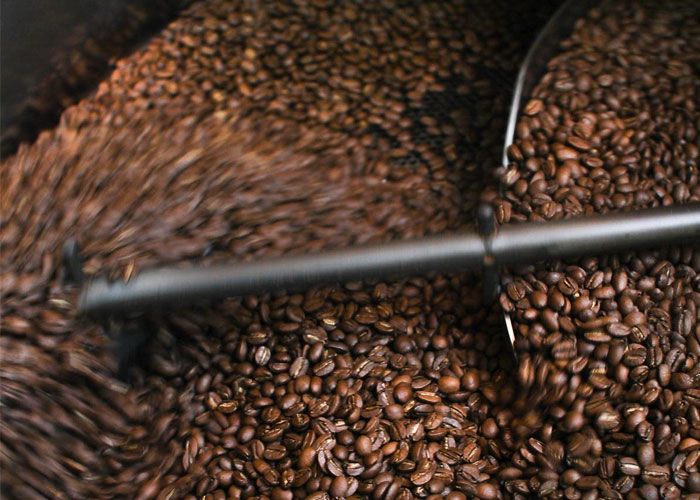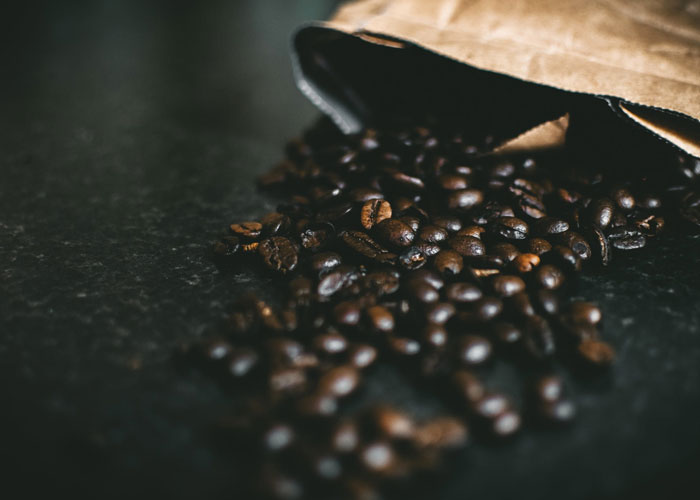The Future of Coffee Roasting: High Altitude Coffee Roasting

It’s no secret that coffee grown at a high altitude is more rich and flavorful than coffee grown at lower altitudes. This is because at high altitudes, the coffee beans grow more slowly due to harsh conditions, and therefore have more time to develop complex sugars.
In general, coffees grown below 3,000 feet tend to taste mild with a bland flavor. Likewise, the angled surface of the earth in mountainous regions promotes faster runoff, which means that plants absorb less water. This results in a denser coffee “cherry,” or fruit.
Coffee tastes best when it’s roasted at the lowest possible temperature for the least amount of time possible. With that being said, beans grown at higher altitudes are more dense and so require higher roasting temperatures. So what’s the best way to optimize the flavor of coffee beans grown at a high altitude? Does elevation continue to play a role in the flavor of coffee through the roasting process?
Elevation and the Flavor Profile of Coffee Beans
Some people believe that roasting a coffee bean at or near the elevation where it was grown has an affect on the flavor profile of the coffee. The idea that coffee tastes best when the beans are roasted at the same elevation where they grew is becoming more seriously researched and considered.
Our Roast Master, Shawn McDonald, tells a story about working with an experience coffee roaster who had grown up on a coffee plantation in Mexico. This experienced coffee roaster believed that roasting coffee at the same elevation where it was grown created a similar environment at the beginning and ending of the bean’s cycle.
While this theory has not been scientifically proven, there is other evidence that shows how the roasting elevation concretely affects the flavor of coffee.

How Does Air Density Affect the Flavor of Coffee?
It’s a little-known fact that coffee roasted at a high altitude requires lower temperatures and roasting time. At high elevations, the air is more thin and dry. Less oxygen and moisture in the air results in a faster roast development over a shorter period of time.
For this reason, roasting coffee at a high elevation can help you avoid baking or scorching your beans. Scorching or baking your coffee causes a lack of development and lack of expansion that results in flat, burnt flavors.
Baked coffee beans refers to the bland flavor that results from roasting the beans for too long. Scorching coffee occurs when the beans are roasted at a temperature that’s too high. It can result in a woody flavor. Roasting at a high elevation can help you avoid both of these problems, allowing you to achieve the tastiest roast for your coffee.
High Altitude Roasting Results in More Complex Flavor Compounds
When you roast your coffee at a high temperature, the coffee will roast much more quickly. A quick roast will allow the entire flavor compound of the bean to become more pronounced. This means that nutty, chocolaty, fruity, and berry flavors will taste more full in each sip of coffee.
A shorter roast period at a lower temperature results in a smoother, more complex flavor that actually tastes fresher for longer. High altitude roasting results in the smoothest, freshest roast—and therefore results in the best coffee.
